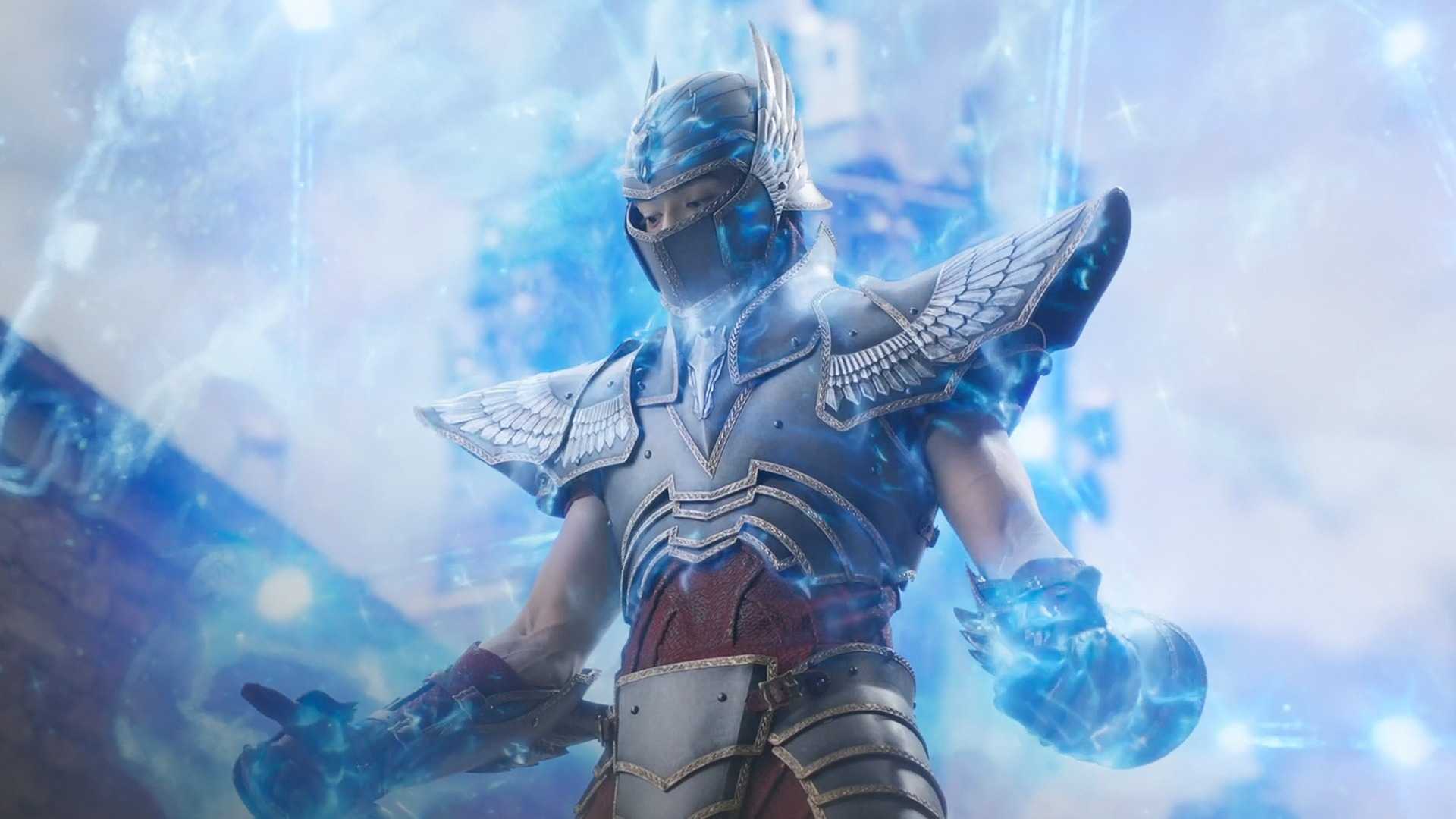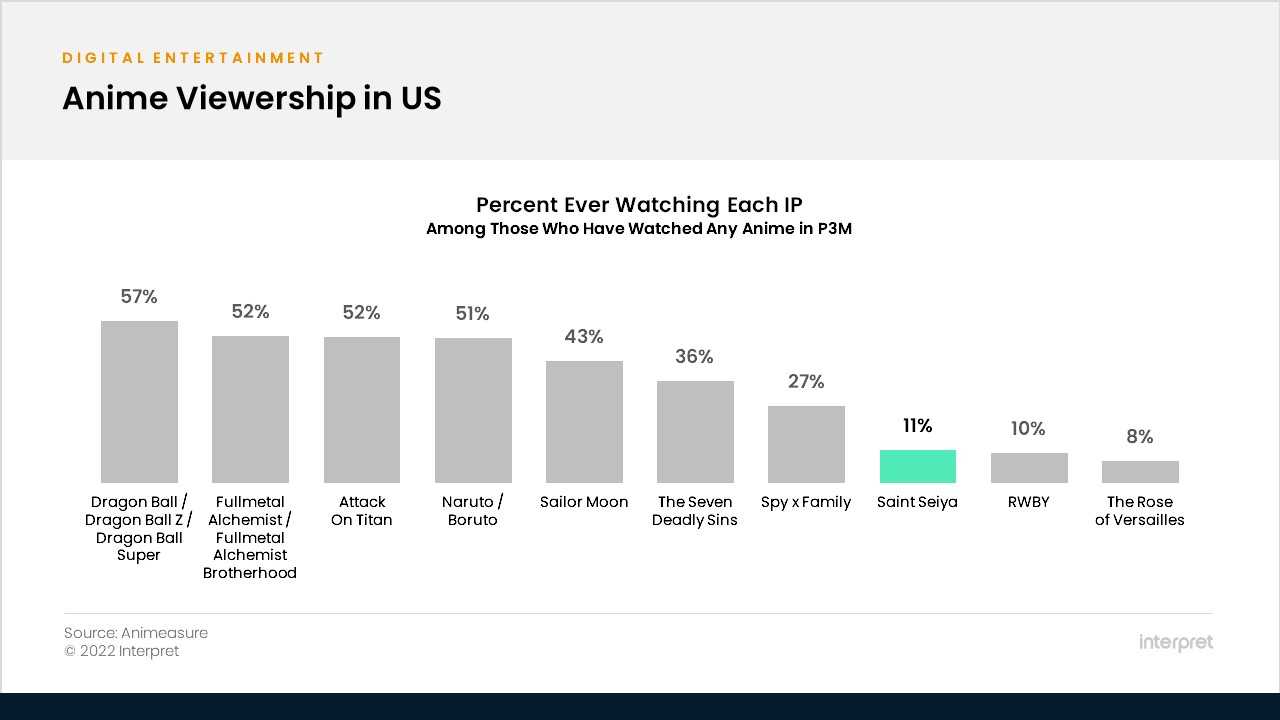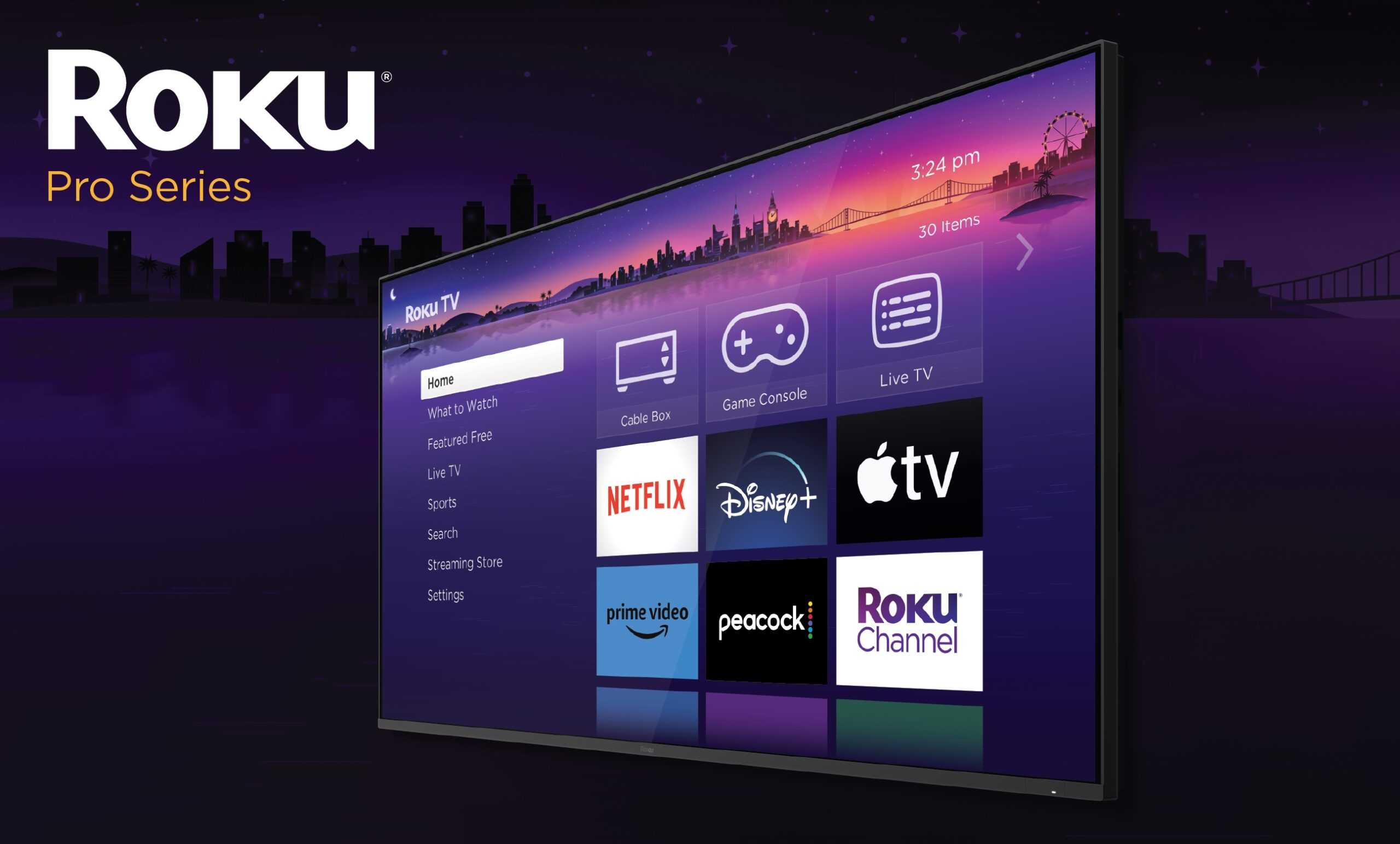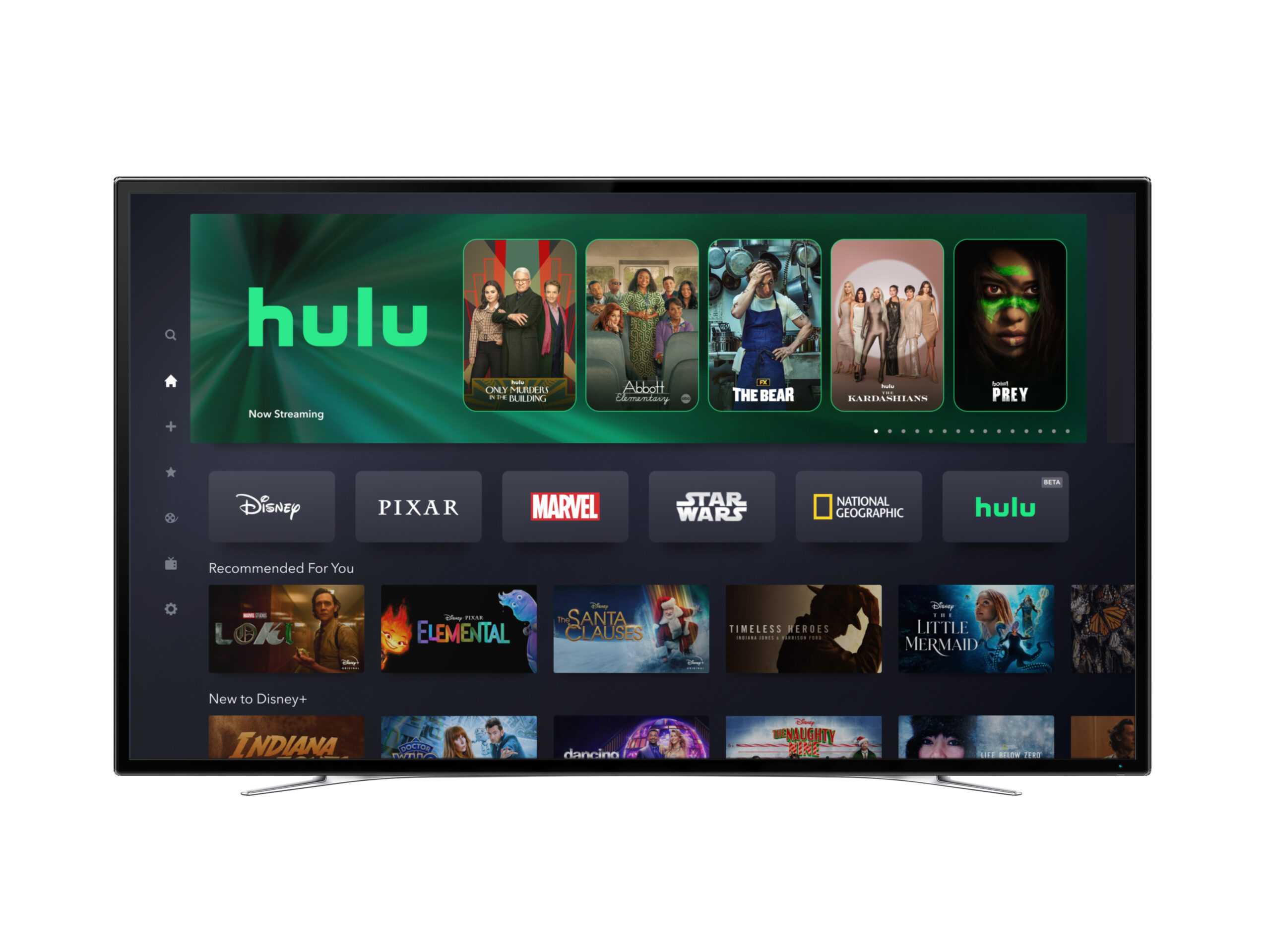This past weekend saw the release of Hollywood’s latest live-action anime movie adaptation: Knights of the Zodiac.
Saint Seiya, the source material for Knights of the Zodiac, never made it big in the US. Out of over 70 IPs tracked in Interpret’s annual Animeasure survey, Saint Seiya is only the 49th most watched anime series among active anime viewers with just 11% reporting having ever watched it.
Where Saint Seiya really shines is Latin America. It is the fifth most-watched anime series in Brazil (with 52% having ever watched it) and the third most-watched in Mexico (with 60% having watched it). There are historical reasons that Saint Seiya took hold so strongly in LATAM, but the distributors of this promising co-production between Sony’s Stage 6 Films and Toei Animation understood the clear implication for the present: this film would live or die in LATAM (which is why the film released in LATAM on April 27, even before it released in Japan).
Unfortunately, despite a conservative budget ($60 million), the live-action adaptation has brought in disappointing box office returns (just over $5 million at the time of writing) and poor critical responses in both the US (29% on Rotten Tomatoes) and LATAM (5% on Tomatazos).
With more live-action adaptations already in the pipeline at several Hollywood studios and streaming services, what lessons can be learned from Knights of the Zodiac to help the next anime adaptation soar?
- Anime adaptation disappointment isn’t limited to the US. Despite being a popular IP, Knights of the Zodiac did not perform exceptionally well in Latin America. Mexico and Brazil are markets capable of bringing in tens of millions of dollars on opening weekend, but only brought in about $1 million each for Knights of the Zodiac. Alita: Battle Angel (2019) remains something of a high watermark for anime live-action adaptations but lacks the sort of name recognition that could help an IP like Knights of the Zodiac reach massive audiences in markets where around a quarter of those aged 13-65 regularly watch anime and half of those anime viewers have gone to see a movie in the past year.
- Casting isn’t the only issue in anime live-action adaptations. A number of high-profile anime adaptations—from The Last Airbender (2010) to Ghost in the Shell (2017)—have drawn criticism for casting decisions, especially around a lack of Asian actors in lead roles. However, an impressive cast including Mackenyu (a star in some of the better received Japanese-made anime live-action adaptations), Diego Tinoco, and Sean Bean was not enough on its own to buoy Knights of the Zodiac. More faithful casting decisions alone likely would not have been enough to elevate past anime adaptation stumbles. Moreover, some anime fans may be left feeling like beloved characters aren’t fully surviving the transition and favorite story arcs that got people to fall in love with the source material are being underutilized.
- Japanese involvement (especially at the corporate level) does not guarantee success. Unlike many anime adaptations in Hollywood that were developed detached from the original IP holder, Knights of the Zodiac is actually a co-production with Toei themselves. Indeed, producer Yoshi Ikezawa told Variety that Toei was looking at “six movies” in a Saint Seiya film franchise and that since they put in all the equity for the project they could “control the production.” Live action adaptations of anime are a challenge in Japan as well as in Hollywood.
While every anime adaptation project is a unique challenge, Interpret has found both in Animeasure and other qualitative and quantitative engagements that characters are of particular, differentiating importance to that essence of what makes “anime” feel like “anime.” Hollywood should consider prioritizing character continuity from source material to big screen, guided by research that helps identify favorite characters and key fan expectations for those characters. In support of that, further research could also help prioritize which story arcs are ripe for adaptation—a necessity when adapting series spanning hundreds of episodes into two-hour films.
Knights of the Zodiac gets a lot of things right. But without deep insights into the core essence of what makes anime appealing and what makes its fans tick, the next Hollywood anime adaptation could end up feeling like a rerun.








